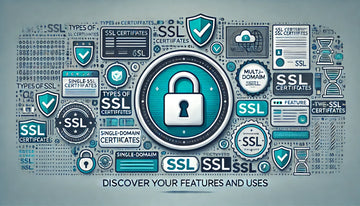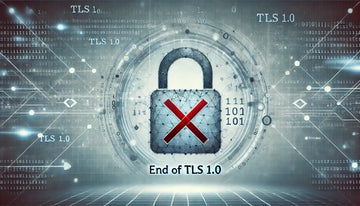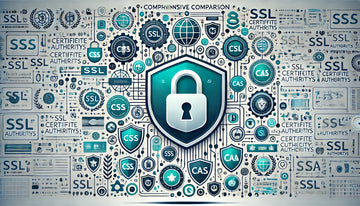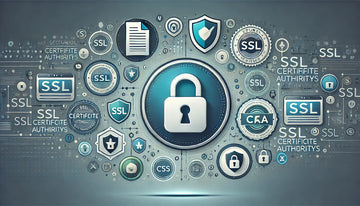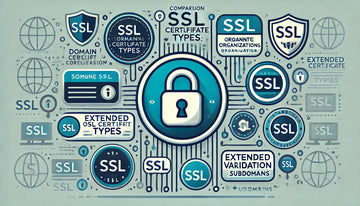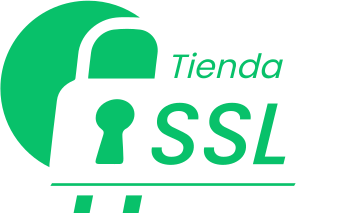Online security is a priority for any website or web application. The implementation of an SSL (Secure Sockets Layer) certificate is one of the most effective ways to protect confidential information and ensure user privacy. However, not all SSL certificates are the same. In this article, we will explore in detail the different types of SSL certificates available, their features and their specific applications.
Certificates of Validation of Domain (DV)
Domain Validation certificates, abbreviated as DV SSL, are the most basic type of SSL certificate. These certificates are issued after the applicant proves that he has control of the domain for which the certificate is requested. The key features of the DV certificates include:
- Quick Validation Process: Domain validation is a quick and simple process. It usually involves responding to a confirmation email or adding a specific DNS record.
- Affordable Cost: DV certificates are often the cheapest option, making them ideal for personal websites and small businesses.
- Ideal for Blogs and Content Web Sites: Due to their ease of achievement and low cost, DV certificates are suitable for websites that do not handle confidential information, such as blogs and information content websites.
Certificates of Organization Validation (OV)
Organization Validation certificates, or OV SSL, offer a more rigorous level of validation compared to DV certificates. In order to obtain an OV certificate, the issuing entity verifies the existence and authenticity of the applicant organisation. Key features of OV certificates include:
- Validation of the Organization: The procurement process involves verification of the legal existence of the applicant organization, which provides a higher level of confidence to visitors to the site.
- Information from the Organization in the Certificate: OV certificates include information from the organization, such as the name and location, shown in the certificate. This gives users greater confidence in the site's identity.
- Suitable for E-commerce Sites: OV certificates are a strong option for e-commerce sites and other online companies that handle customer information and financial transactions.
Extended Validation Certificates (EV)
Extended Validation certificates, or SSL EV, offer the highest level of validation and confidence. Obtaining an EV certificate involves a thorough verification process of the applicant organisation. The key features of EV certificates include:
- Green Address Bar: One of the most distinctive aspects of EV certificates is that they activate the green address bar on web browsers, indicating a high level of security and authenticity.
- Rigurosa Validation: The validation process for EV certificates implies verifying the legal existence of the organization, as well as confirming that the applicant is authorized to represent it. This process is the strictest among all types of SSL certificates.
- Maximum Level of Trust: EV certificates are ideal for websites and companies that want to convey the highest level of trust to their users, such as online banks and government sites.
Wildcard Certificates
Wildcard certificates allow the protection of multiple subdomains under a single main domain. For example, a Wildcard certificate issued for .example.com will protect . www.example.com , .blog.example.com, .tienda.example.com, and any other subdomain from "example.com" . Key features of the Wildcard certificates include:
- Versatility: Wildcard certificates are ideal for websites with multiple subdomains, as they allow all of them to be protected with a single certificate, which simplifies security management.
- Cost Savings: Compared to the purchase of individual certificates for each subdomain, Wildcard certificates are often more profitable in the long term.
- Flexible Settings: Wildcard certificates can be used in a variety of configurations, from large websites to internal networks.
The choice of the right SSL certificate type depends on the specific needs of your website or web application. DV certificates are ideal for personal and content sites, while OV certificates provide greater confidence for online companies. EV certificates offer the highest level of security and confidence, suitable for websites that handle critical information. Wildcard certificates are a versatile solution for sites with multiple subdomains. By understanding the differences between these types of SSL certificates, you can make an informed decision to protect your site and your users' information.







